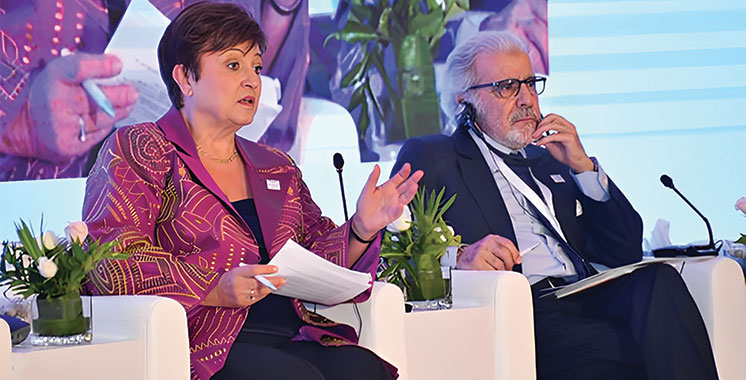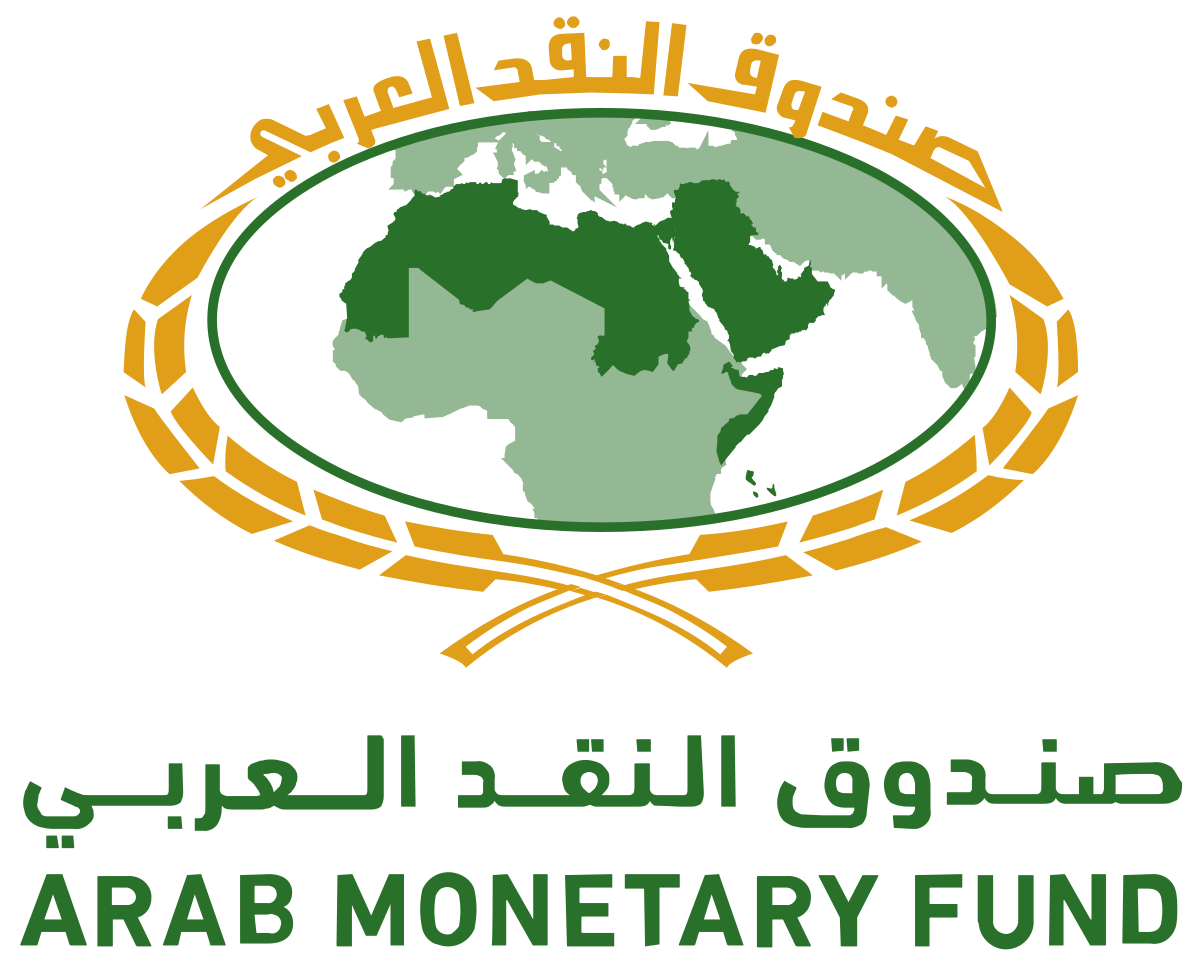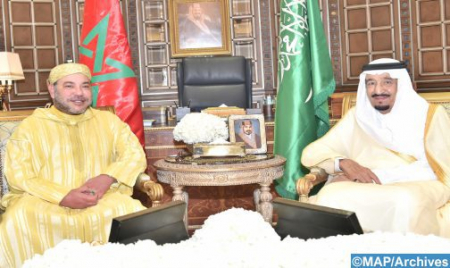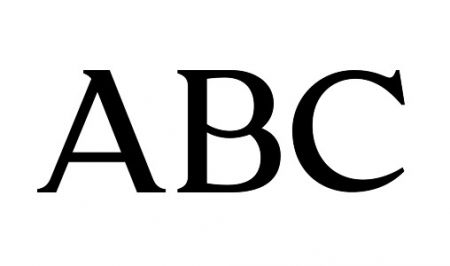Managing Director of the International Monetary Fund (IMF), Kristalina Georgieva, cited, on Saturday in Marrakech, Morocco’s financial inclusion strategy as an example of a “comprehensive” strategy reflecting the Moroccan government’s determination.
“To accelerate the process of financial inclusion, governments need to show more determination by putting in place comprehensive national strategies like the Moroccan financial inclusion strategy based on 6 pillars ranging from the expansion of mobile payments to financial education,” said Georgieva, who was speaking at the opening of a panel on “Financial inclusion as a path to resilient and shared growth”, held on the sidelines of the WB/IMF Annual Meetings.
The IMF chief also called for a focus on financial integration and stability, and the promotion of digital and financial innovation, while ensuring better data collection on financial inclusion, which would enable efficient policies to be put in place.
Morocco’s strategy has made it possible to improve access to banks. Today, almost half of Moroccans have access to a bank account, whereas a few years ago, only 30% of Moroccans had access to one, said Ms. Georgieva.
The IMF DG further called for prioritizing financial integration and stability and promoting digital and financial innovation while ensuring the collection of better data on financial inclusion which would make it possible to establish efficient policies.
For his part, the Wali of Bank Al-Maghrib (BAM), Abdellatif Jouahri, noted that transactions and the circulation of cash are high in the countries of the MENA region since a large part of their economies are informal.
Jouahri, citing the results of a survey, noted that the segments which are the most disadvantaged and which generally do not have access to financial services are women, rural communities, young people and micro, small and medium enterprises.
To remedy the situation in Morocco, the national financial inclusion strategy was launched in 2016 with the objective of targeting these excluded segments by integrating new players into the market to allow them access to financial services.
“We have tried to put in place more appropriate instruments, notably the possibility of opening a bank account without deposit, transferring money instantly, and offering certain banking operations free of charge,” he explained.
For his part, the Director General and Chairman of the Board of Directors of the Arab Monetary Fund (AMF), Adbulrahman Al Hamidy, highlighted the importance of digitalization as a priority policy to access financing and facilitate financial inclusion.
Furthermore, he highlighted the crucial role of financial education at a young age and the importance of funding financial inclusion initiatives led by young people in job creation.
The executive director of the Alliance for Financial Inclusion, Alfred Hannig, indicated that several studies have shown that financial inclusion accelerates economic growth, thanks to digitalization as well as policies and regulations that strengthen access to sustainable, high-quality financial services.
He also called for reducing the gender gap which persists and remains high, to unleash “enormous development potential.”
The BM-IMF annual meetings, which returned to African soil for the first time in 50 years, offered the opportunity for the global economic and financial elite to debate the major issues linked to financing policies, economic growth, and climate change.



